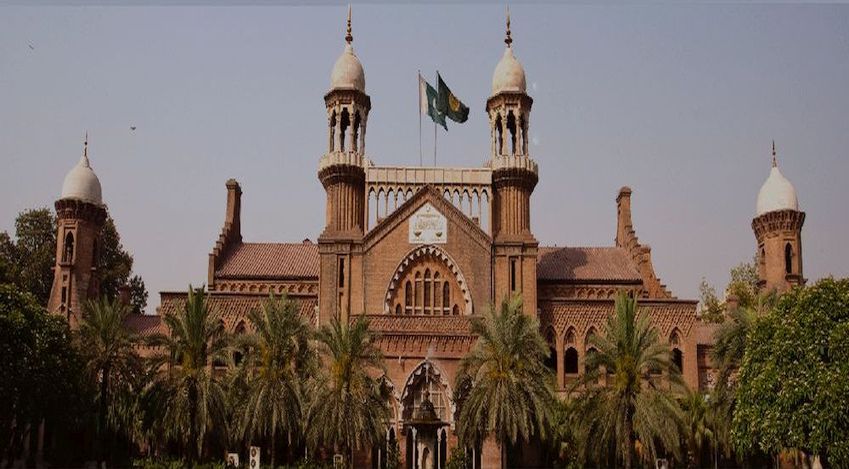Lahore High Court Acquits Murder Convict due to Multiple Deficiencies and Lack of Credible Evidence
Islamabad 19-11-2024: In a landmark judgment, the Lahore High Court overturned the conviction of Muhammad Dilshad, who was earlier sentenced to life imprisonment for the alleged murder of Muhammad Munawar. The judgment, delivered by Mr. Justice Muhammad Tariq Nadeem, highlights critical shortcomings in the prosecution’s case, ultimately granting Dilshad the benefit of the doubt.
Muhammad Dilshad was accused of murdering Muhammad Munawar following a dispute over an unpaid loan. He was convicted by a trial Court under Section 302(b) of the Pakistan Penal Code (PPC) and sentenced to life imprisonment, along with a fine of Rs. 500,000 under Section 544-A of the Criminal Procedure Code (Cr.P.C.).
The appellant filed an appeal against his conviction, while the complainant sought enhancement of the sentence to the death penalty. The Court identified multiple deficiencies in the prosecution’s case, ultimately ruling that the evidence presented failed to prove guilt beyond a reasonable doubt.
The Court questioned the credibility of the eyewitnesses (PW1 and PW7), noting inconsistencies in their statements and the lack of corroborative evidence to support their presence at the crime scene. Mr. Justice Muhammad Tariq Nadeem cited the case of Rohtas Khan Vs. The State (2010 SCMR 566) to emphasize that such testimony must withstand rigorous scrutiny.
While medical reports confirmed the nature of the injuries, they could not establish the identity of the assailant. The Court stressed that medical evidence is merely corroborative and cannot independently determine culpability.
The alleged recovery of the knife used in the crime was deemed unreliable due to a delay in its recovery and the absence of independent witnesses during the recovery process, violating Section 103 Cr.P.C. Mr. Justice Muhammad Tariq Nadeem referred to Basharat and another Vs. The State (1995 SCMR 1735), which sets a precedent for the inadmissibility of delayed and unsupported recovery evidence.
The prosecution failed to provide concrete evidence to substantiate the alleged motive of the crime. No details regarding the loan amount or its repayment were provided.
Citing multiple precedents, including Muhammad Nawaz & another Vs. The State (2024 SCMR 1731), the Court ruled that any doubt in the prosecution’s case must be resolved in favor of the accused.
The Lahore High Court accepted Muhammad Dilshad’s appeal, acquitting him of all charges due to insufficient evidence. Simultaneously, the revision petition seeking enhancement of the sentence to death was dismissed. The Court ordered Dilshad’s immediate release unless he was required in another case.
This judgment underscores the importance of thorough investigations, reliable eyewitness testimony, and adherence to legal procedures in criminal trials. It serves as a reminder of the judiciary’s responsibility to ensure that convictions are based on solid evidence and not conjecture.
Powered by Froala Editor








